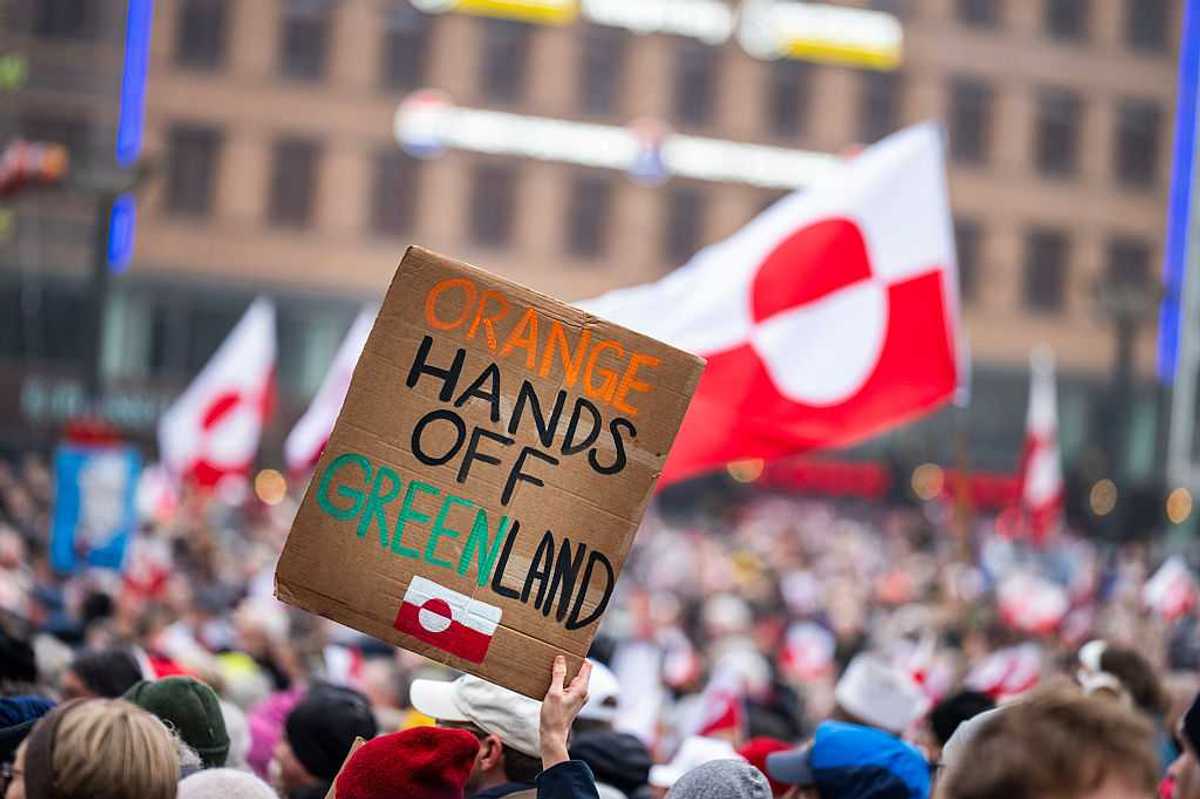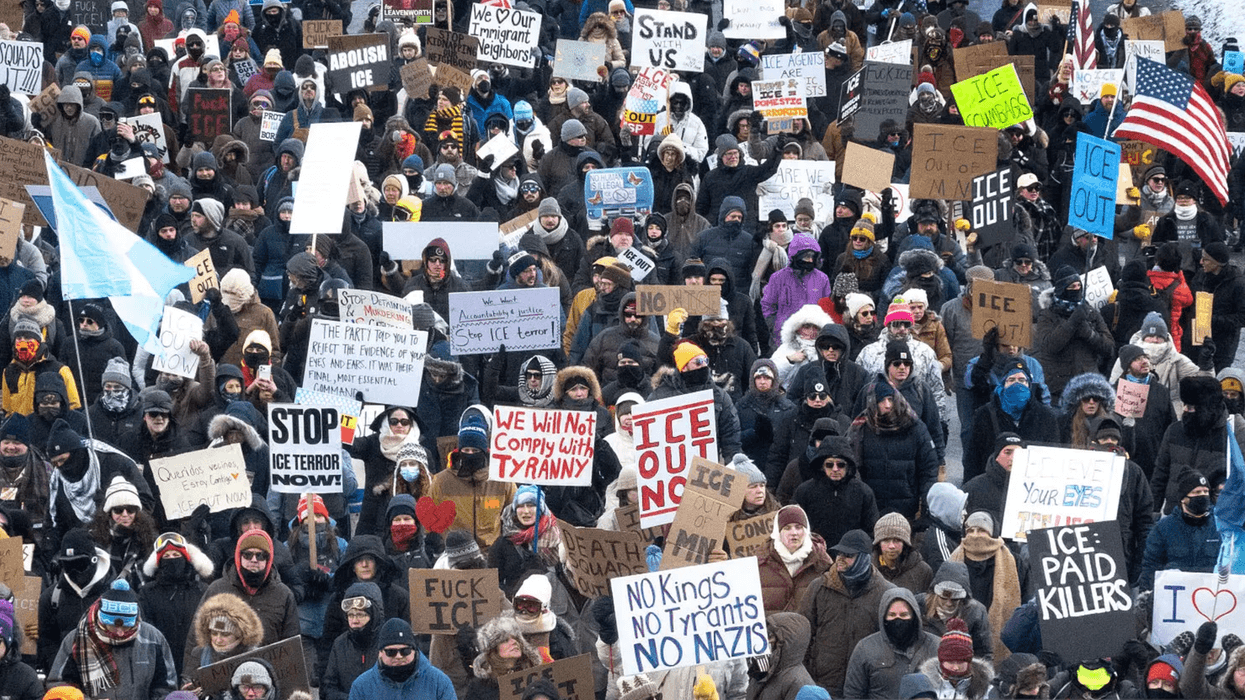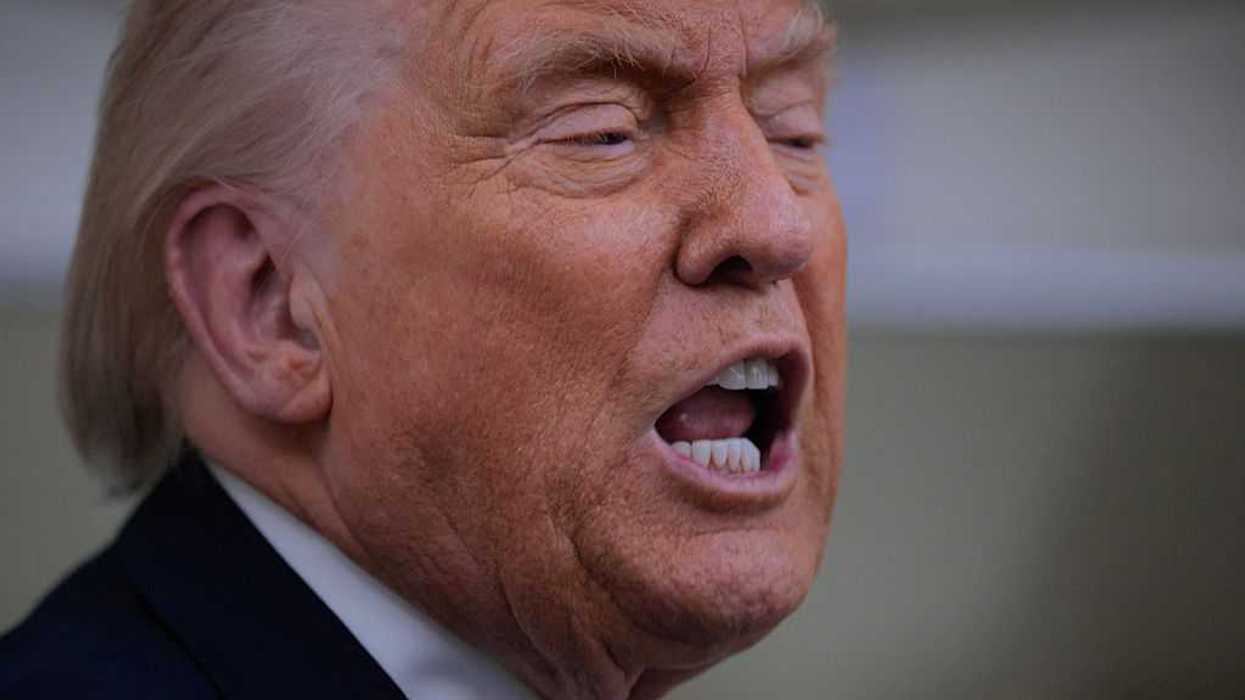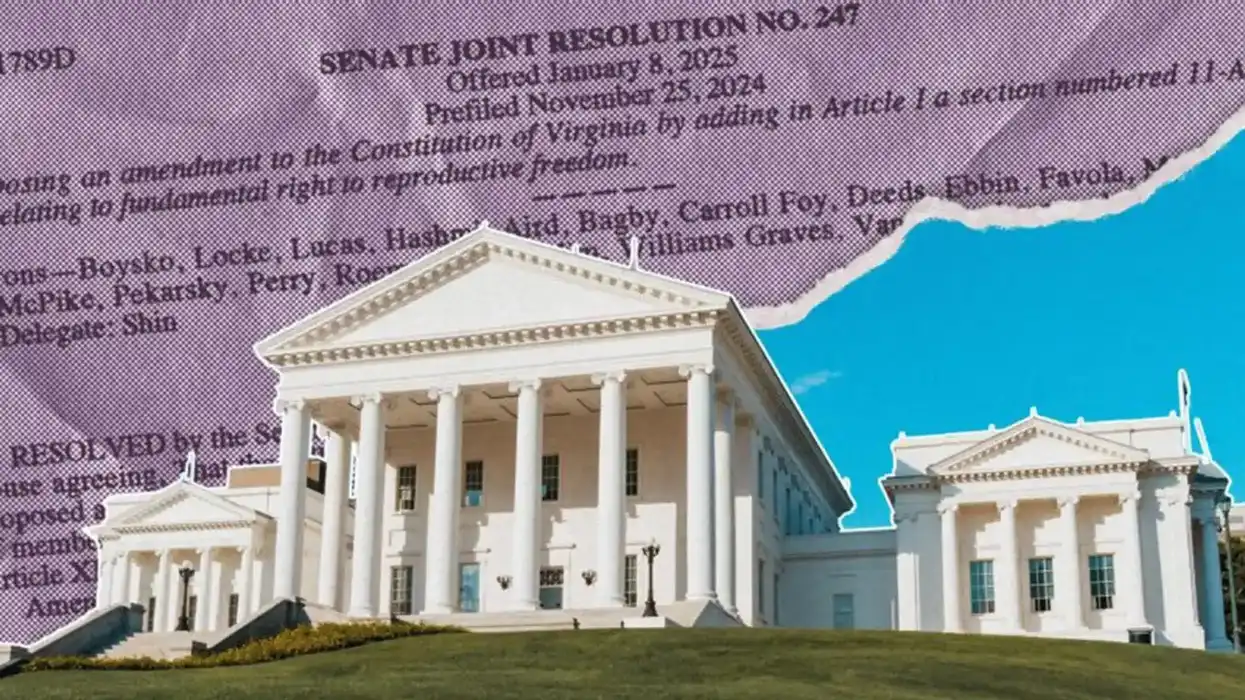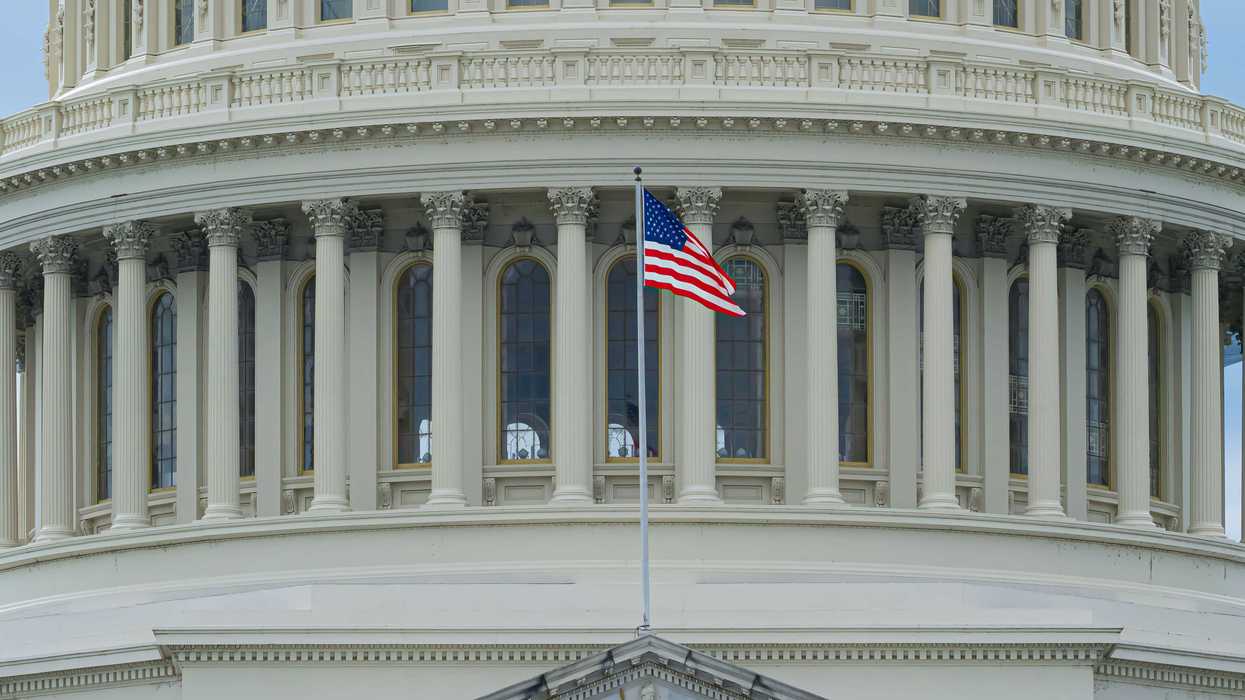Bellevue, Washington, Mayor Lynne Robinson is serving a third consecutive term—an unprecedented achievement in the city’s 71-year history.
Robinson, first elected to the Bellevue City Council in 2014, previously served as deputy mayor in 2018 and 2019 before assuming the mayoral role in 2020 and again in 2022. Her re-election in January 2024 signals a strong vote of confidence from her council colleagues and underscores her steady leadership during a period of rapid growth and civic transformation.
- YouTube youtu.be
I spoke with Mayor Robinson while on assignment in the Evergreen State, producing an episode of The 50, a four-year multimedia project in which the Fulcrum visits different communities across all 50 states to learn what motivated them to vote in the 2024 presidential election and see how the Donald Trump administration is meeting those concerns and hopes.
She shared how collaboration between government, organizations, and the public is key to the success of the Coal Creek sewer upgrade, an infrastructure project in Bellevue designed to update essential wastewater systems, improve habitats for fish and wildlife, and increase access to natural areas for people of all abilities.
"Looking at all the opportunities that you have. We have all these lists of things we'd like to get done if we could, and pulling everybody together so that we can work together and get it done. We're trying to undo some of the things we did wrong when we didn't understand," said Robinson.
- YouTube youtu.be
As mayor, Robinson presides over council meetings and study sessions, helps shape the city’s legislative agenda, represents Bellevue at public events, and serves as the council’s primary spokesperson. Bellevue operates under a council-manager system, with the seven-member council appointing a city manager to oversee day-to-day operations.
Before joining the council, Robinson chaired Bellevue’s Parks & Community Services Board from 2011 to 2013, where she championed inclusive recreation and neighborhood engagement. Her tenure as mayor has been marked by a commitment to sustainability, public safety, and regional collaboration.
With her deep roots in community service and a proven track record of collaborative leadership, Robinson’s continued tenure promises stability, innovation, and a clear vision for Bellevue’s future.
Michael Chippendale: Realistic, Not Idealistic Government
Johanny Cepeda-Freytiz: Connecting With Community
David Guo: Combining Art and Civic Engagement
Hugo Balta is the executive editor of the Fulcrum and the publisher of the Latino News Network.



